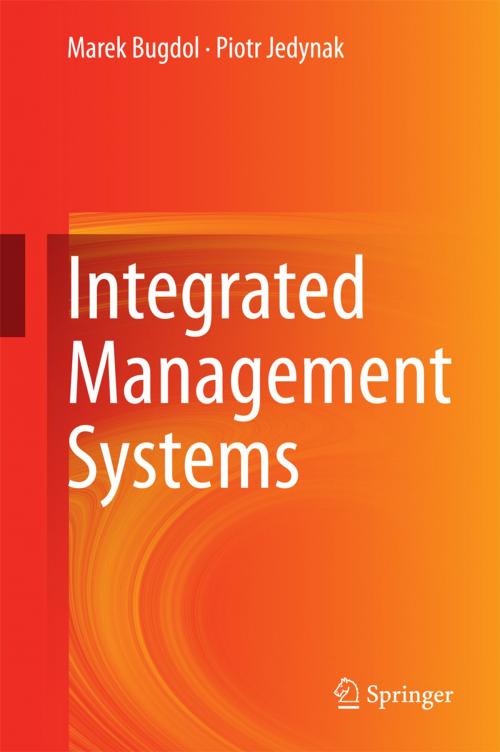Integrated Management Systems
Business & Finance, Management & Leadership, Production & Operations Management, Management, Nonfiction, Science & Nature, Technology| Author: | Marek Bugdol, Piotr Jedynak | ISBN: | 9783319100289 |
| Publisher: | Springer International Publishing | Publication: | August 16, 2014 |
| Imprint: | Springer | Language: | English |
| Author: | Marek Bugdol, Piotr Jedynak |
| ISBN: | 9783319100289 |
| Publisher: | Springer International Publishing |
| Publication: | August 16, 2014 |
| Imprint: | Springer |
| Language: | English |
Examining the challenges of integrated management, this book explores the importance and potential benefits of using an integrated approach as a cross-functional concept of management. It covers not only standardized management systems (e.g. International Organization for Standardization), but also models of self-assessment, as well as different types of integration. Furthermore, it demonstrates how processes and systems can be integrated, and how management efficiency can be increased. The major part of this book focuses on management concepts which use integration as a key tool of management processes (e.g. the systematic approach, supply chain management, virtual and network organizations, processes management and total quality management). Case studies, illustrations, and tables are also provided to exemplify and illuminate the content, as well as examples of successful and failed integrations.
Providing a particularly useful resource to managers and specialists involved in the improvement of organizational performance, this book is also intended for top managers, functional managers, project managers, specialists, consultants, and those who wish to improve the efficiency and effectiveness of management. It also offers a helpful guide to academics and students interested in quality and risk management.
Examining the challenges of integrated management, this book explores the importance and potential benefits of using an integrated approach as a cross-functional concept of management. It covers not only standardized management systems (e.g. International Organization for Standardization), but also models of self-assessment, as well as different types of integration. Furthermore, it demonstrates how processes and systems can be integrated, and how management efficiency can be increased. The major part of this book focuses on management concepts which use integration as a key tool of management processes (e.g. the systematic approach, supply chain management, virtual and network organizations, processes management and total quality management). Case studies, illustrations, and tables are also provided to exemplify and illuminate the content, as well as examples of successful and failed integrations.
Providing a particularly useful resource to managers and specialists involved in the improvement of organizational performance, this book is also intended for top managers, functional managers, project managers, specialists, consultants, and those who wish to improve the efficiency and effectiveness of management. It also offers a helpful guide to academics and students interested in quality and risk management.















